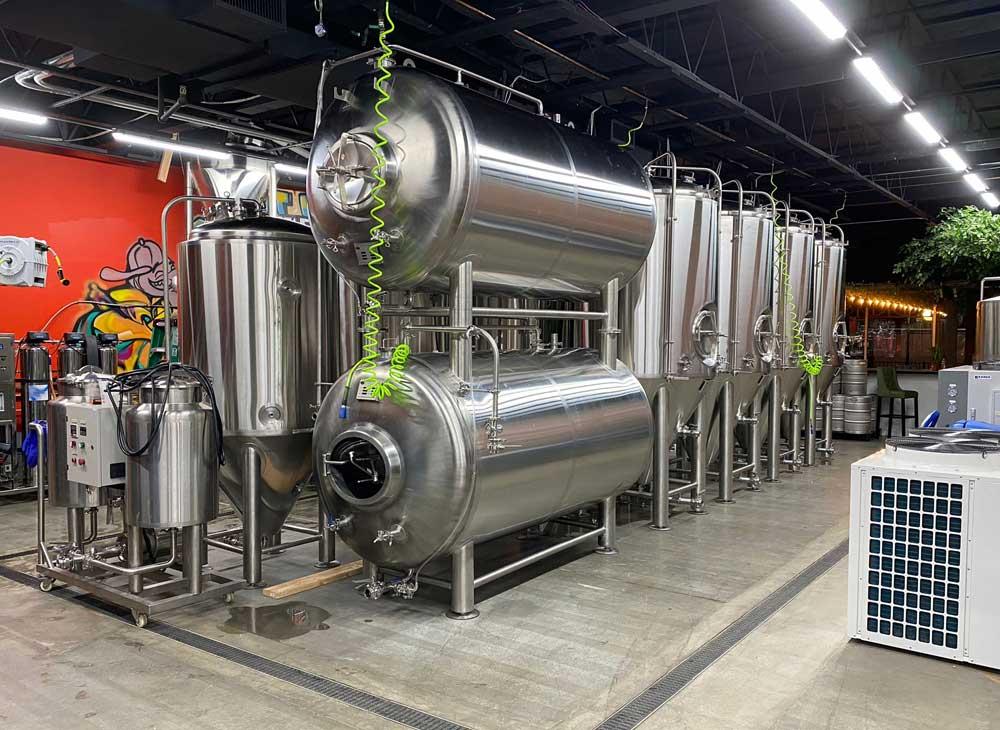
From refreshing ale to dark ale, the journey from wort to beer is a subtle dance of ingredients and craftsmanship. Among the many factors that affect beer quality, temperature control during fermentation is one of the most critical factors.
Fermentation is the conversion process in which yeast consumes the sugars in wort (unfermented beer) and converts them into alcohol and carbon dioxide. However, yeast is temperature sensitive and its activity changes significantly depending on the conditions it encounters. This is where the temperature control system comes into play.
The temperature at which fermentation occurs greatly affects the flavor and aroma characteristics of beer. Different yeast strains thrive within specific temperature ranges, and brewers carefully select yeast strains to achieve the desired characteristics. For example, beer is typically fermented at a lower temperature (about 45-55°F or 7-13°C), resulting in a clean, refreshing flavor, while ale may be fermented at a higher temperature (about 65-75°C) fermentation). F or 18-24°C). C), produces fruity and complex aromas. Temperature control ensures that the yeast produces the desired flavor.
Temperature fluctuations during fermentation can lead to the production of unwanted compounds such as esters and phenols. Esters create fruity and floral aromas, while phenols create smoky or medicinal notes. Maintaining stable fermentation temperatures helps breweries avoid excessive ester and phenol production, ensuring consistent and attractive beer quality.
Temperature fluctuations can stress the yeast and cause off-flavors such as diacetyl (butter), acetaldehyde (green apples) or sulfur compounds (rotten eggs). A well-maintained temperature control system can minimize temperature fluctuations, thereby reducing the risk of these off-flavors spoiling your beer.
Temperature control systems allow brewers to replicate beer recipes consistently. Precise temperature management ensures each batch of beer is closely matched to the brewer's desired flavor profile, building a brand image and reputation for quality.
After initial fermentation, many beers undergo a maturation process and are often referred to as "lagers." During this stage, the beer is stored at a specific temperature (usually close to freezing) to develop clarity, remove unwanted flavors, and achieve a smoother finish. Temperature control is critical to maintaining these conditions.
Still have a problem on choosing the brewery equipment? We can help with your final decision. If you are looking for a turnkey solution for craft beer brewing system, please contact us. We are looking forward to working with you. Send an email now: [email protected]
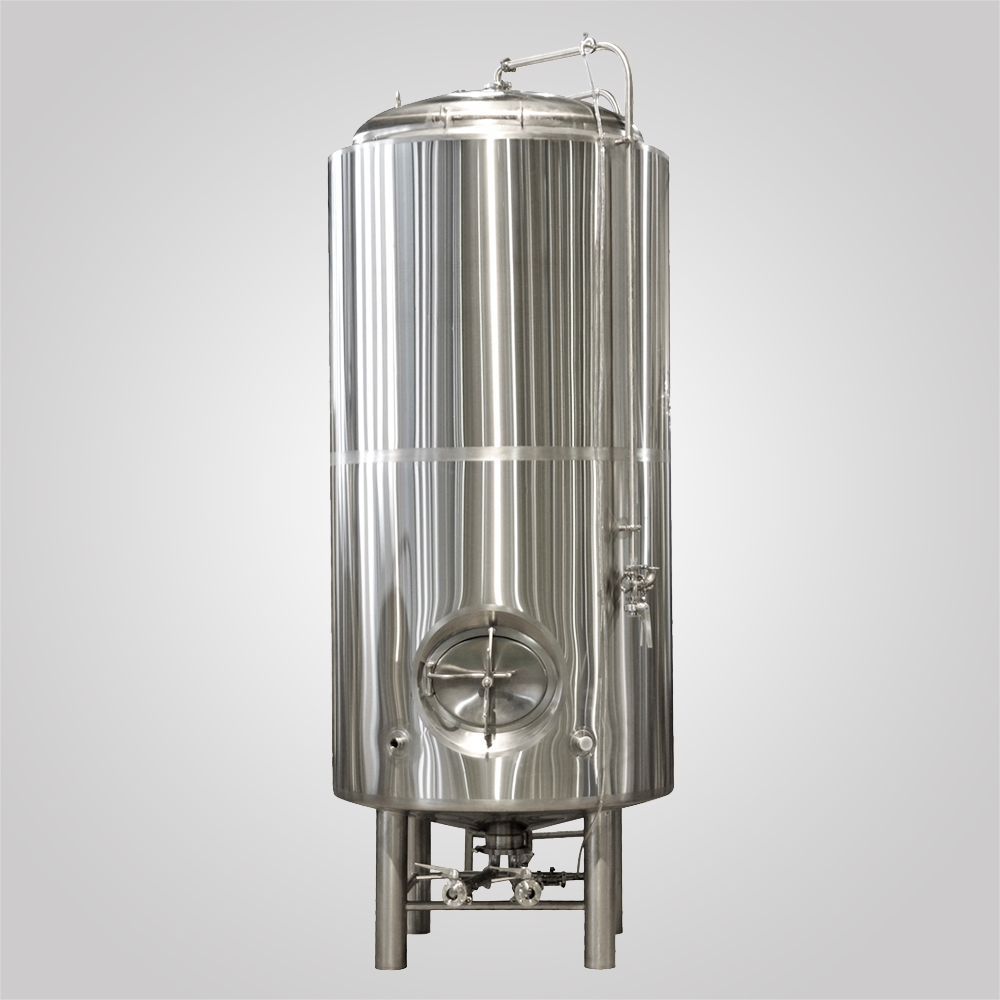
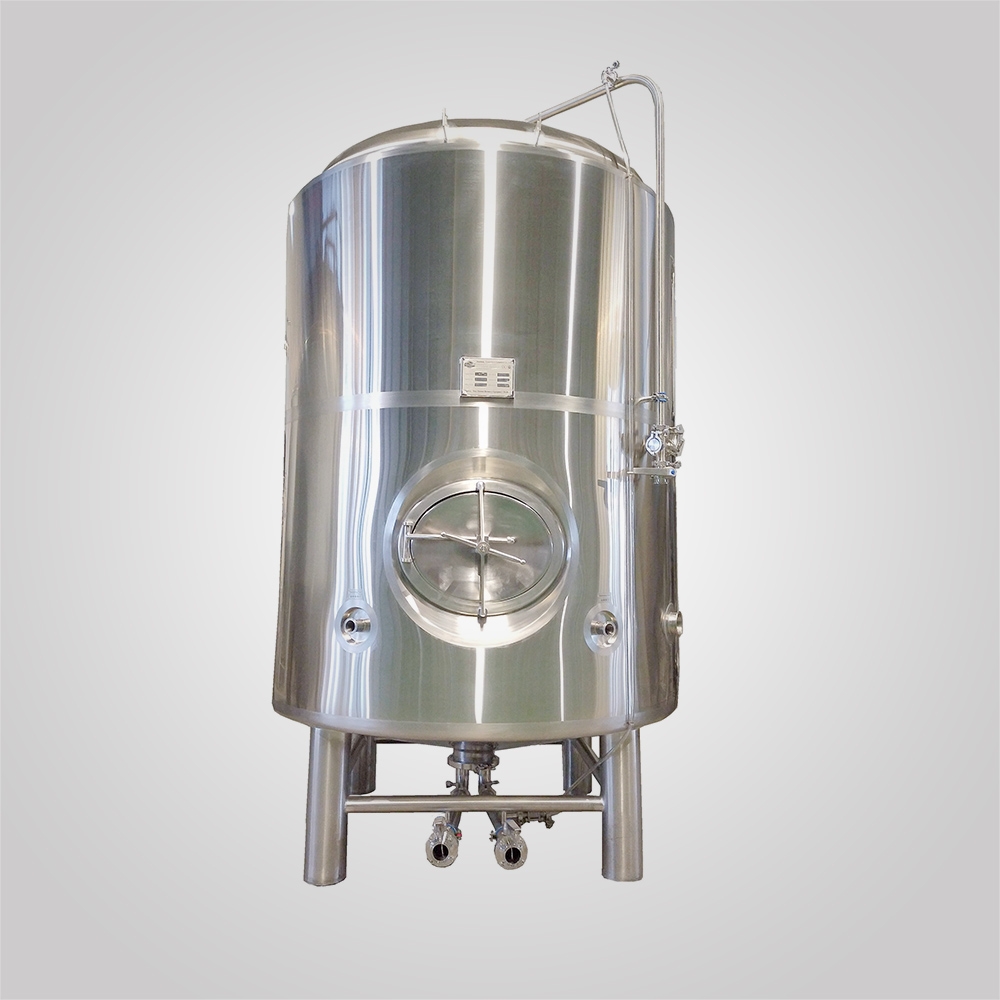
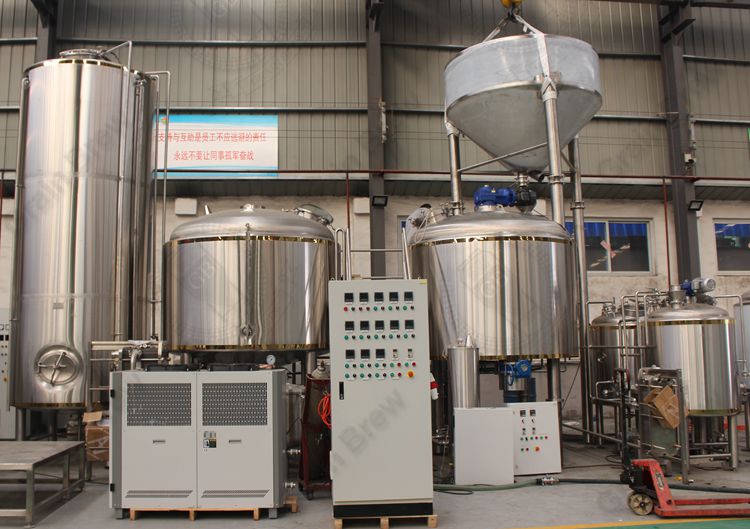
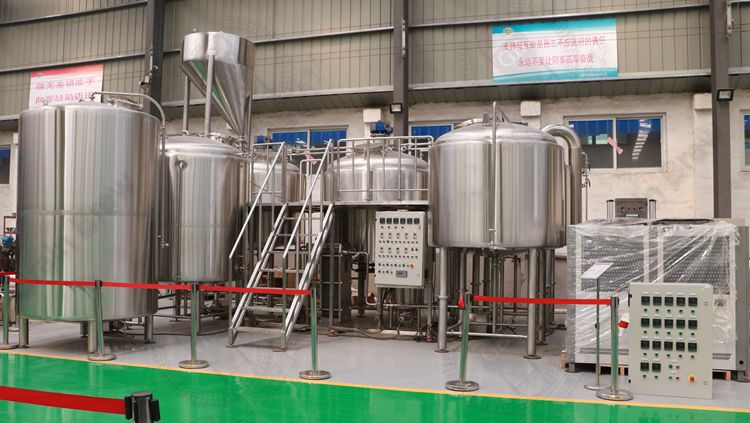
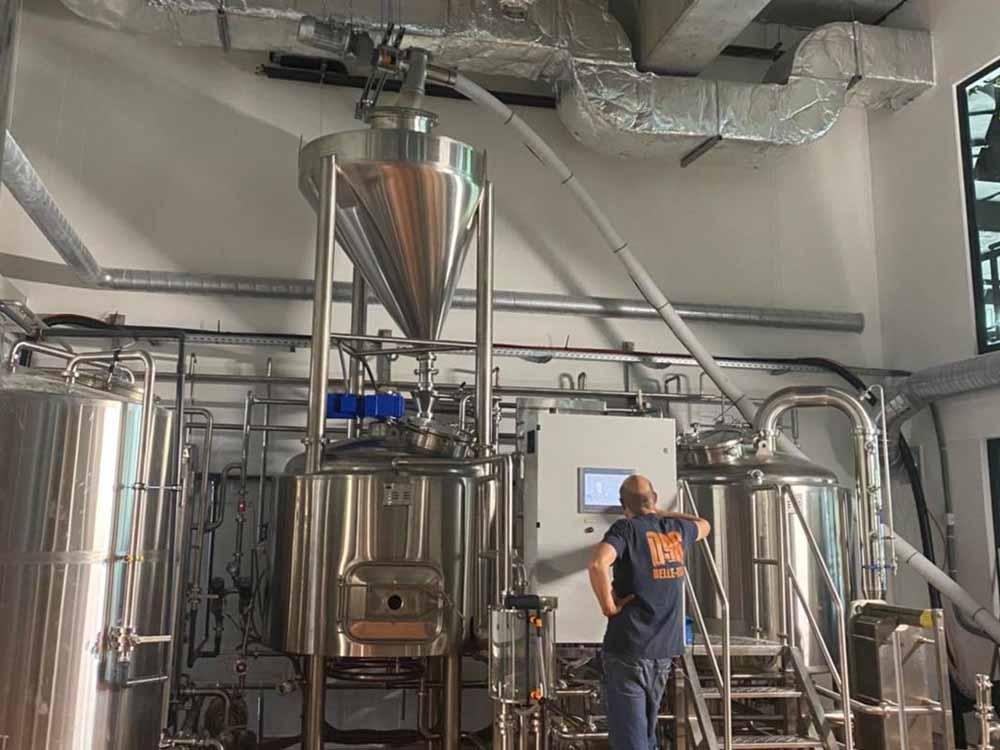
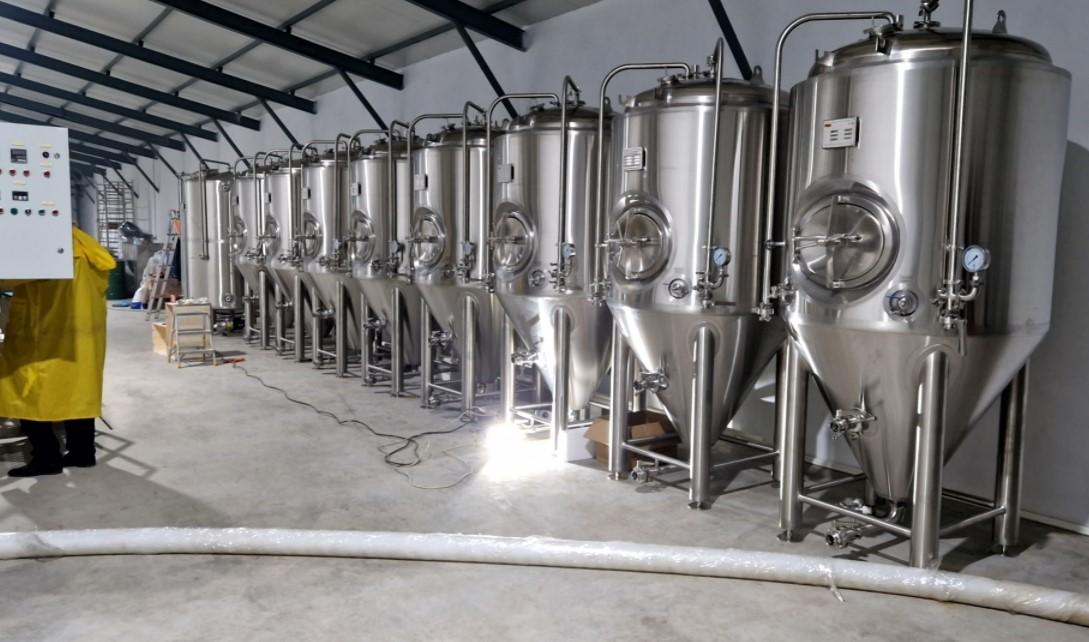
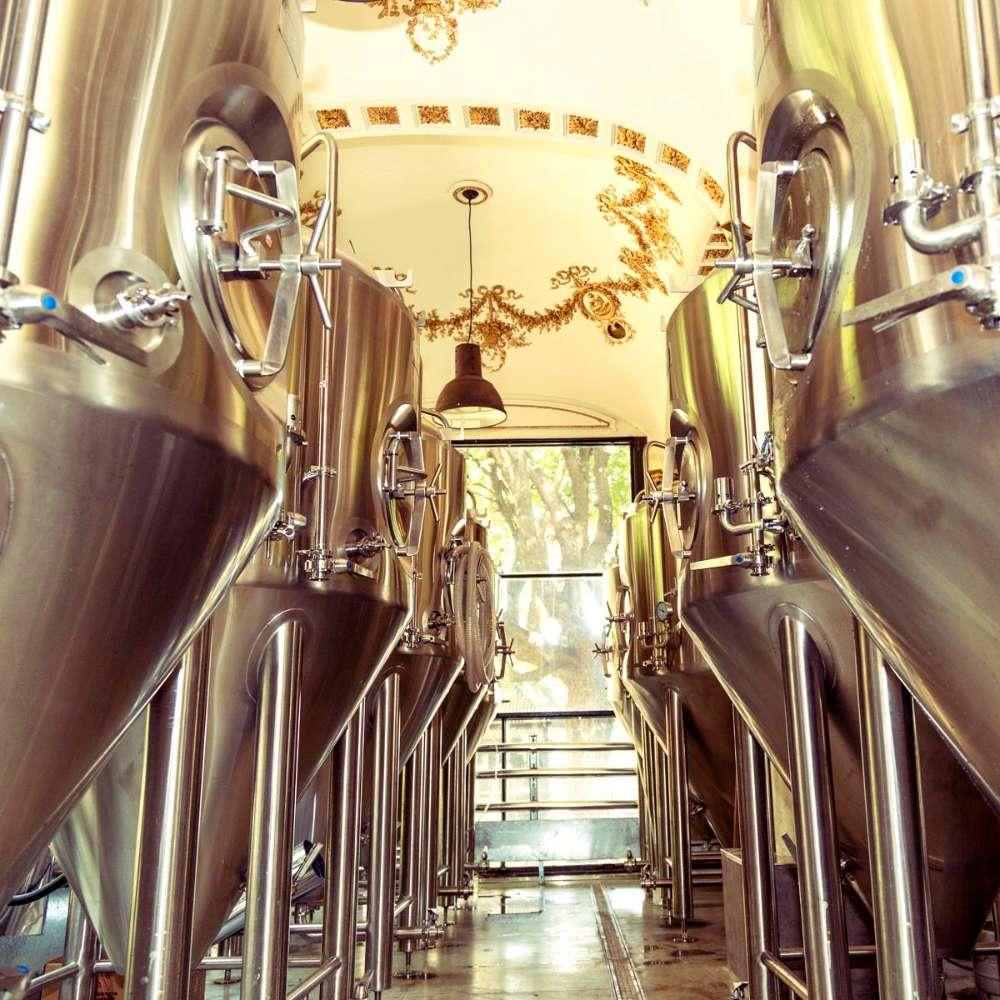
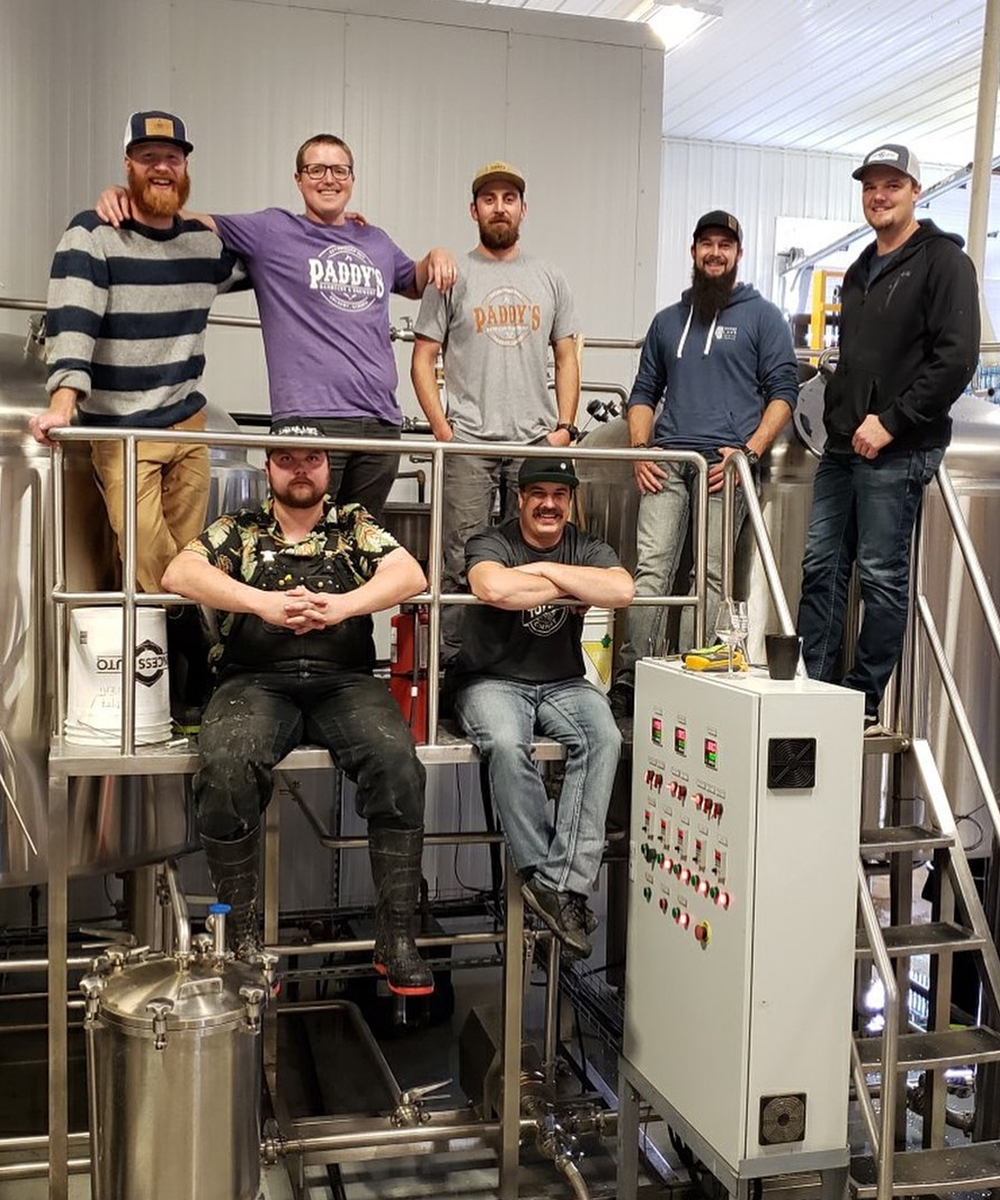
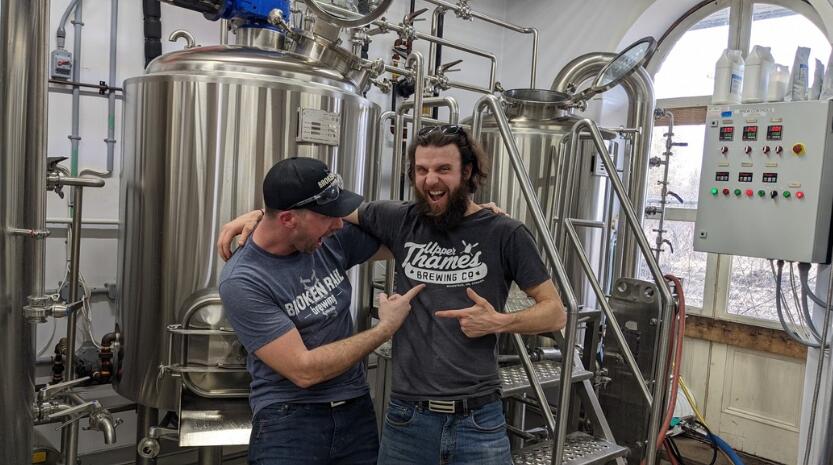
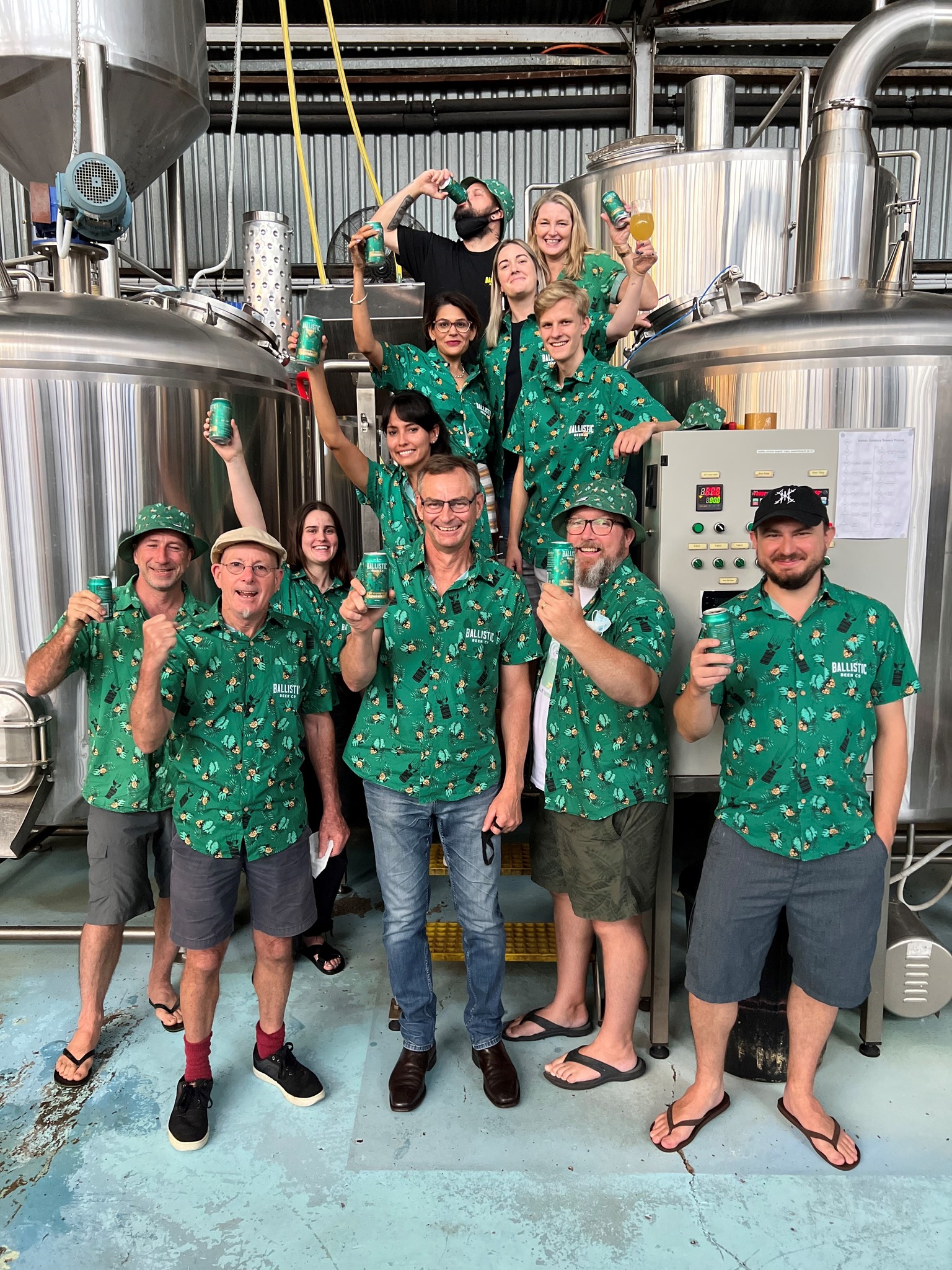
Get A Quote